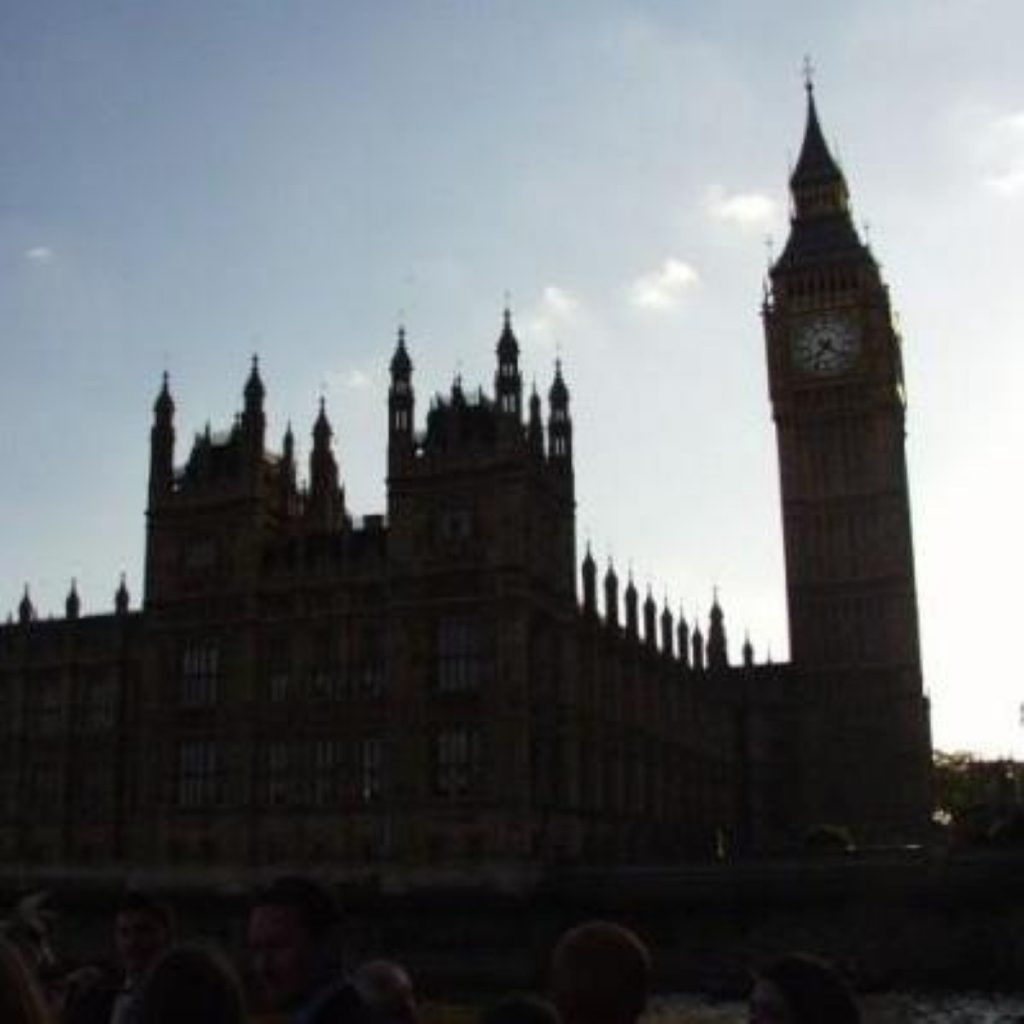The week in Westminster
Gordon Brown started the week with a well organised fight-back against poor election results and a media pack baying for his blood.
It didn’t start well. Monday opened with most people just getting round to reading Frank Field’s highly personal attack on the prime minister, describing him as prone to uncontrollable rages. It didn’t help that John Prescott’s autobiography pulled up the same character defect.
And all this with the aftertaste of Cherie Blair’s lukewarm assessment of his strengths and Lord Levy’s assertion that he couldn’t beat David Cameron at the next general election still ringing in the electorate’s ears.
But the Labour fight-back did come, and it wasn’t quite as ineffectual as some political analysts had expected.


Chancellor Alistair Darling’s tax windfall on Tuesday grabbed the headlines, although this is less than difficult when you’re promising half the country an extra £120 a year. People have a funny way of listening intently when you’re offering them money.
By the time Nick Clegg stood up to point out that up to a million people would still be worse off, Labour backbenchers were shouting him down in a fairly unrestrained manner. Having taken the Tories by surprise they were just having too much fun being in control for once to listen to ethical or practical objections.
The whole scenario went so well, in fact, that Mr Field stood up to apologise to the prime minister for allowing his protests against the 10p rate to turn personal. Mr Brown peered backwards and gave him one of those smiles that could mask all sorts of terrible intentions – or none at all. The prime minister is becoming so used to not acting like himself (grumpy, obtuse, managerial) that it’s almost impossible to tell what he’s really thinking.
As the days passed, and Mervyn King’s bleak assessment of the economy overshadowed the draft Queen’s Speech, economic analysts were becoming increasingly nervous about how the windfall reflected Labour’s political priorities. The words ‘irresponsible’ and ‘short-term gain’ have begun to crop up with increasing frequency.
If the economy takes a serious downturn in the next couple of years, expect to see that triumphant mini-budget re-screened on the nightly news with deeply negative connotations, in much the same way that it took a full year before the original 10p rate budget became a political deathbed.
By Thursday the prime minister was sitting on every television studio couch in the country, expounding his vision and ability to save the economy. He came across relatively well, although his ability to alternate between smile and frown is so poor one sometimes wonders whether his facial expressions have any connection to the content of the conversation.
Whatever the success of the interviews, the government still suffers from a defect of vision. They have many policies, but no over-arching banner for the public to make sense of them with. This isn’t really so strange, given the former chancellor is famous for being a micro-manager, but he needs to come up with some attractive sound-bites soon. The electorate’s impression of him is perilously closed to becoming fixed. He’ll need more positive weeks – each of them more positive than this one – to stop that from happening.












